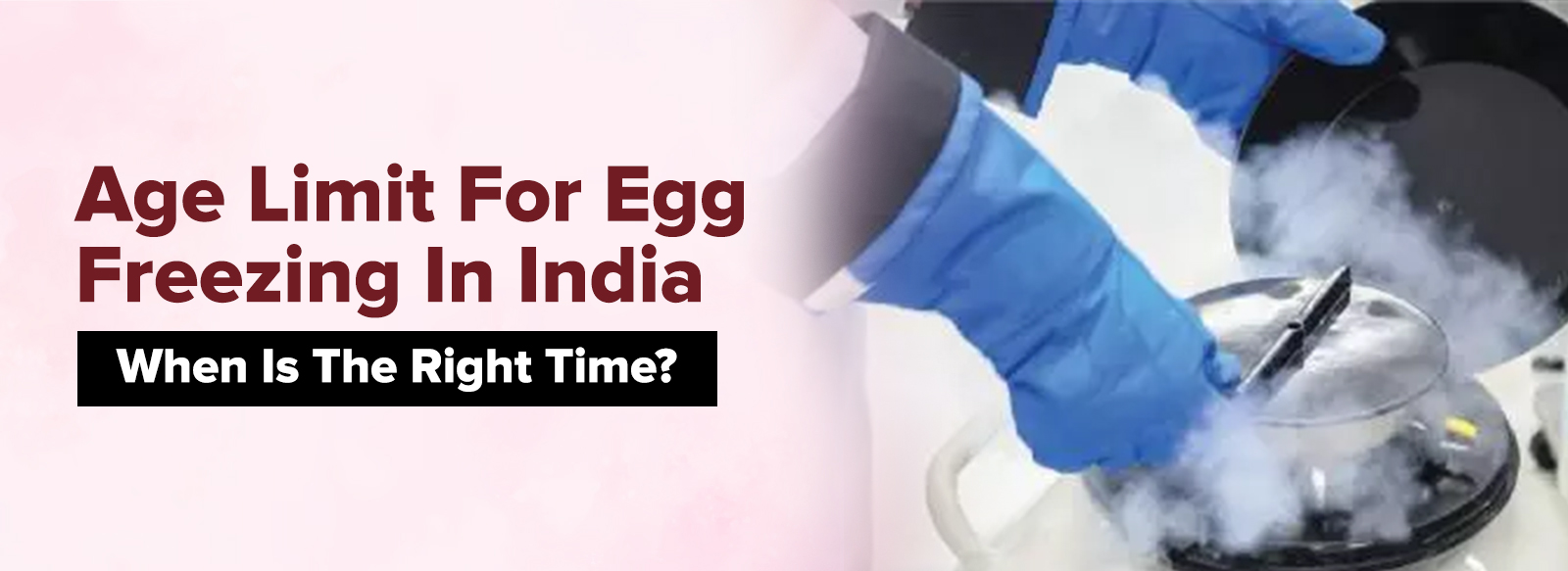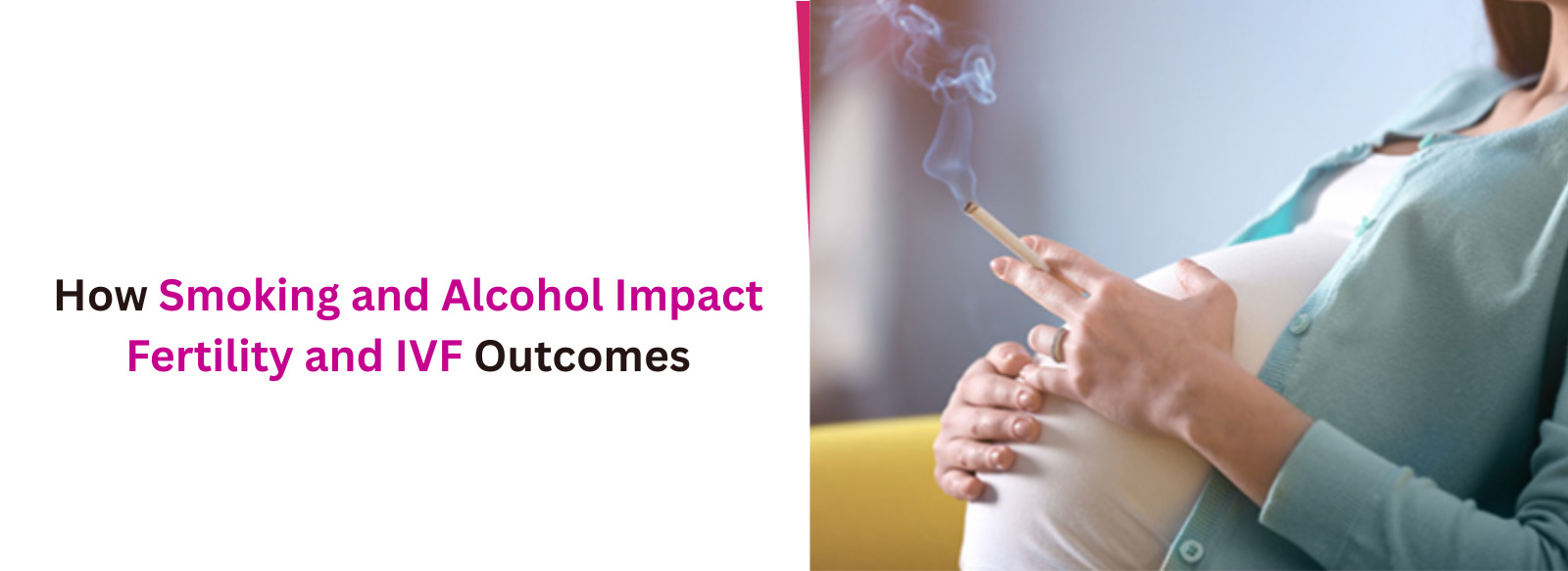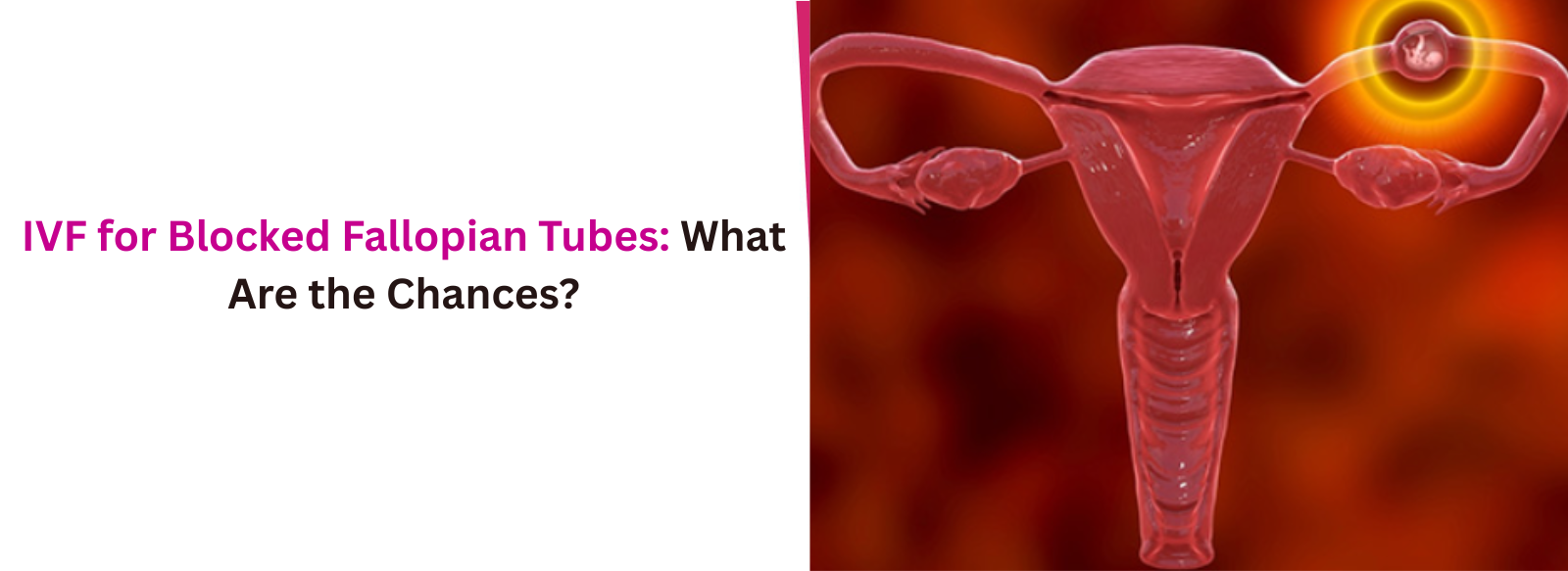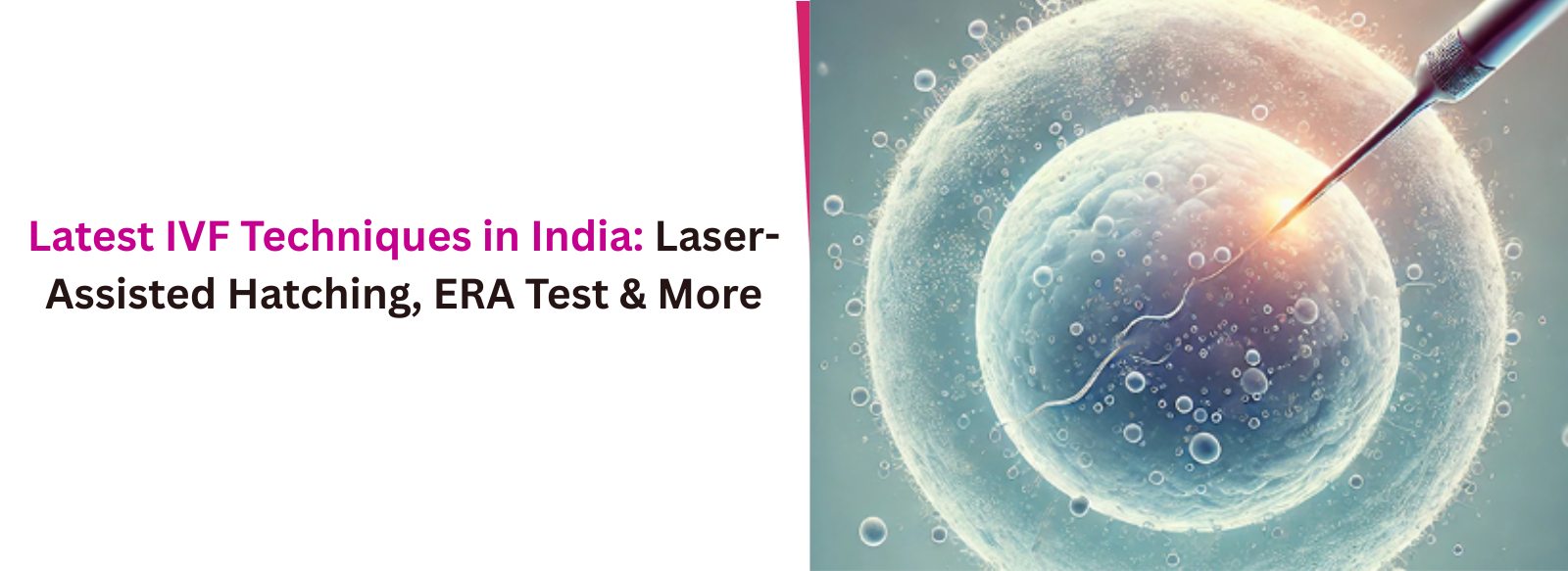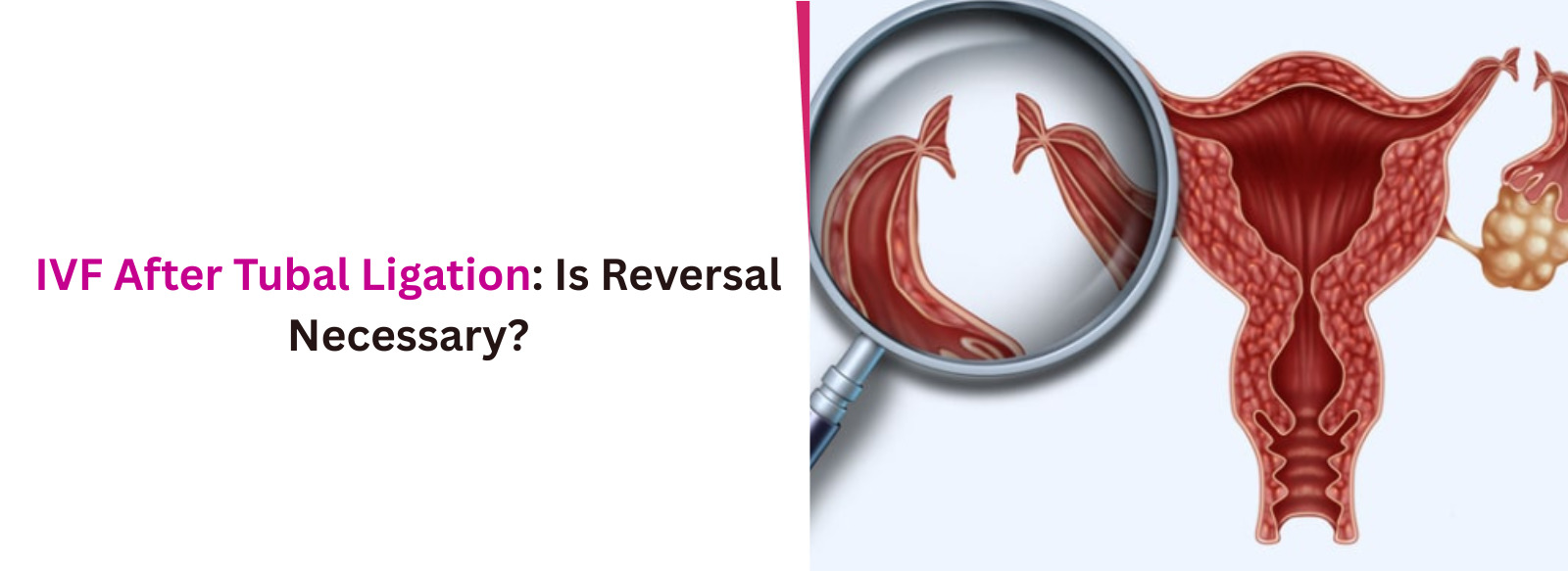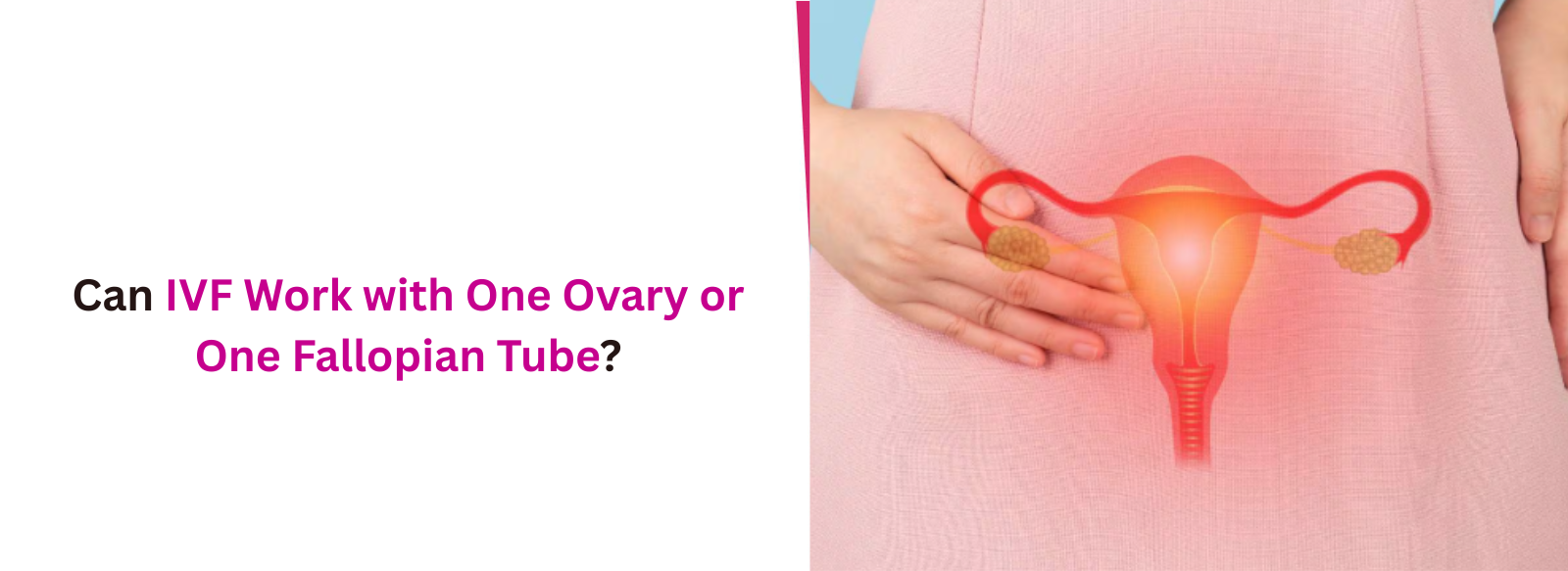What is The Maximum Age Limit For Egg Freezing?
In India, the “maximum age limit for egg freezing is generally around 45 years”, but it is recommended to freeze eggs before the age of 40 for higher success rates. This is to ensure that the eggs collected are of viable quality and to increase the likelihood of successful pregnancy later on. Medical professionals generally advise women to consider egg freezing before the age of 40. This recommendation is based on the natural decline in egg quality and quantity as women age. Freezing eggs at a younger age typically results in better outcomes because younger eggs are more likely to be healthy and viable for future use.Reasons Behind Setting a Maximum Age Limit
- Egg Quality Decline: As women age, the quality of their eggs diminishes, leading to lower success rates in achieving a pregnancy.
- Health Considerations: Older women are at a higher risk for pregnancy-related complications, which can affect both the mother and the baby.
- Success Rates: Studies have shown that eggs frozen before the age of 40 have higher survival rates after thawing, better fertilization rates, and improved chances of resulting in a successful pregnancy.
- Ethical and Practical Concerns: Fertility clinics aim to balance the chances of success with ethical considerations, ensuring that the procedures are beneficial and not unduly risky for patients.
What is The Minimum Age Limit For Egg Freezing?
In India, “the minimum age limit for egg freezing is 18 years”, but it is typically recommended for women in their mid-20s to early 30s for optimal egg quality and higher success rates. This ensures that the woman is legally an adult and capable of making informed decisions about her reproductive health. However, it is rare for women as young as 18 to opt for egg freezing unless there are specific medical conditions that necessitate it.Considerations for Younger Women
- Future Fertility Plans: Women in their 20s may not yet have a clear picture of their future fertility plans. It is important for them to consider their long-term goals and the potential need for egg freezing.
- Medical Reasons: Some younger women may need to consider egg freezing due to medical conditions such as cancer, which could impact their fertility. In such cases, egg freezing can preserve their ability to have biological children in the future.
- Emotional and Psychological Factors: The decision to freeze eggs at a young age can be emotionally and psychologically taxing. Younger women should seek counseling and support to navigate the complexities of this decision.
- Financial Considerations: Egg freezing can be an expensive process. Younger women should be aware of the costs involved, including storage fees, and consider their financial situation before proceeding.
What is The Age Limit For Egg Freezing For Single Women?
Clinics accept “age limit for egg freezing for single women between 18 and 45 years”, regardless of marital status. However, There are no specific legal age limits for egg freezing in India that differentiate between single women and those in relationships.Considerations for Single Women
- Future Family Planning: Egg freezing gives single women flexibility in planning their futures, including when and if they want to start a family.
- Support System: Single women considering egg freezing should have a strong support system, including medical professionals and counselors, to navigate the emotional and practical aspects of the process.
- Financial Planning: Egg freezing can be costly, so single women should consider their financial situation and explore options for funding or insurance coverage.
Egg Freezing: Risks and Benefits at Different Ages
Freezing eggs at different ages offers distinct advantages:- 20s: Eggs are typically of high quality and have a higher chance of successful fertilization and pregnancy.
- 30s: Provides a balance between fertility preservation and career/personal goals.
- Early 40s: Offers a last chance for fertility preservation before significant age-related decline.
Potential Risks and Challenges at Different Ages
- 20s: Potential risks include the emotional decision of fertility preservation at a young age.
- 30s: Risk of lower egg quality compared to younger women.
- Early 40s: Increased risks of lower egg quantity and quality due to natural aging processes.
Success Rates and Statistical Data Based on Age
- 20s: Higher success rates due to better egg quality and health.
- 30s: Success rates vary but generally decline compared to younger ages.
- Early 40s: Success rates significantly decrease due to diminished egg quality and quantity.
Tips for Women in Their 20s Considering Egg Freezing
- Consider Long-Term Goals: Assess career and personal aspirations alongside fertility planning.
- Consult Early: Seek fertility counseling and medical advice to understand options and risks.
- Maintain Healthy Lifestyle: Focus on nutrition, exercise, and overall wellness to optimize egg quality.
Tips for Women in Their 30s Considering Egg Freezing
- Evaluate Fertility Status: Assess ovarian reserve and egg quality through fertility testing.
- Understand Risks: Be aware of age-related declines in fertility and egg quality.
- Financial Planning: Plan for the costs of egg freezing and potential future fertility treatments.
Tips for Women in Their 40s Considering Egg Freezing
- Act Promptly: Understand that egg quality and quantity decline significantly in the early 40s.
- Explore Options: Discuss alternative fertility treatments with a reproductive specialist.
- Emotional Support: Seek counseling to navigate the emotional aspects of fertility preservation.
Lifestyle and Health Considerations for Different Age Groups
- 20s: Focus on establishing healthy habits early to support future fertility goals.
- 30s: Balance career and personal goals while prioritizing reproductive health.
- 40s: Prioritize overall health and well-being to support fertility treatment outcomes.

